Summary: This podcast episode provides a comprehensive overview of how blockchain technology is being applied to transform the traditional oil and gas industry. The hosts explore a range of use cases, from automating royalty payments to streamlining joint venture management, and discuss the broader implications for consumers and the environment. The conversation culminates in a thought-provoking discussion about the potential for blockchain to help create a more equitable global energy landscape.
Chapters:
-
Introduction to Blockchain in Oil and Gas (00:00:00) – The hosts discuss how blockchain technology is being applied in the traditional oil and gas industry, which is ripe for disruption.
-
Smart Contracts and Royalty Disputes (00:01:48) – The hosts explain how blockchain-based smart contracts are being used to automate and streamline royalty payment processes, eliminating disputes.
-
Blockchain for Joint Venture Management (00:02:50) – The hosts explore how blockchain is being used to digitize and streamline the complex joint venture management processes in the oil and gas industry, including AFE balloting and joint interest billing.
-
Broader Blockchain Adoption in Oil and Gas (00:07:48) – The hosts discuss how blockchain is being applied more broadly across the oil and gas industry, from tracking shipments to verifying renewable energy origins.
-
Benefits to Consumers and the Environment (00:09:19) – The hosts explain how the efficiencies and transparency enabled by blockchain can lead to lower energy costs for consumers and more sustainable practices in the industry.
-
The Potential for Energy Equity (00:11:39) – The hosts ponder the possibility of blockchain technology helping to bridge the global energy access gap and create a more equitable energy landscape.
Blockchain’s Impact on Oil & Gas
In this episode, hosts Speaker A and Speaker B dive into the real-world applications of blockchain technology in the oil and gas industry. They explore how companies like GuildOne are using blockchain to revolutionize fundamental industry processes like royalty payments and joint venture management.
Main Topics Discussed
- Blockchain’s disruption of the traditional oil and gas industry (00:00:00)
- How GuildOne is using “smart contracts” to automate and streamline royalty payments (00:01:48)
- GuildOne’s work with major oil companies to digitize joint venture management (00:03:14)
- Blockchain’s potential to increase transparency, reduce disputes, and improve collaboration in the industry (00:07:09)
- The broader adoption of blockchain across the energy sector (00:08:21)
- The consumer and environmental benefits of a more efficient, blockchain-powered oil and gas industry (00:09:19)
- The possibility of blockchain enabling greater energy equity and access globally (00:11:39)
Key Terms & References
- Blockchain: A decentralized, digital ledger technology used to record transactions across many computers in a network.
- Smart Contracts: Self-executing digital contracts that automatically enforce the terms of an agreement.
- Royalty Ledger: GuildOne’s blockchain-based system for automating and streamlining royalty payments.
- AFE Balloting: The process oil and gas companies use to approve expenditures in joint venture projects.
- IJVM (Integrated Joint Venture Management): GuildOne’s blockchain platform for managing all aspects of joint venture operations.
- JIB (Joint Interest Billing): The process of tracking expenses and determining how costs are shared in joint venture projects.
- GuildOne – The blockchain technology company featured in the discussion.
- Corda – The blockchain platform used by GuildOne for their Royalty Ledger.
- Chevron, ConocoPhillips, ExxonMobil – Major oil companies who have collaborated with GuildOne.
-
“Imagine a system where every transaction is recorded and verified by a whole network of computers.”
-
“It’s all about bridging the gap between those two worlds.”
-
“Think real time updates on tree growth, soil health, all sorts of stuff. No more relying on outdated manual reports or wondering if the data is totally accurate.”
-
“It’s like having this permanent tamper proof record of each credits origins so you can trace it back to the source. Like a family tree for carbon credits.”
-
“Imagine, right, you can check your bank balance online anytime and see where your money is, right? Well picture that. But for carbon, like, you wanna know if a company’s actually offsetting their emissions like they claim they are, you could actually track it.
-
“Imagine reducing your environmental impact isn’t just like the right thing to do, but it makes economic sense too. That’s a whole different ballgame.”
-
“Imagine going to the store and you can see the environmental impact of, like, a carton of eggs or a pair of jeans right there on the shelf. Or what if you could hold, I don’t know, a mining company accountable for their, you know, big environmental promises? This technology, it could make all of that a reality.”
What is AFE balloting and why is it being replaced with blockchain technology?
AFE balloting, or Authorization for Expenditure balloting, is a process used in the oil and gas industry to approve large expenditures related to exploration, development, and production. Traditionally, this process has been manual and paper-based, leading to inefficiencies and delays. Blockchain technology offers a more efficient and transparent solution by:
- Automating the balloting process: Smart contracts can automatically calculate working interests based on stakeholder responses, eliminating the need for manual calculations.
- Improving transparency: All stakeholders have access to the same information on the blockchain, reducing the risk of disputes.
- Speeding up the process: Digital ballots can be sent and received instantly, shortening the overall approval time.
What is the OOC Oil & Gas Blockchain Consortium and what have they achieved?
The Oil & Gas Blockchain Consortium is an alliance of major oil companies including Chevron, ExxonMobil, and Shell. They have successfully completed a trial for blockchain-based AFE balloting, demonstrating the technology’s potential to transform oil and gas business activities.
The consortium plans to combine AFE balloting with joint interest billing (JIB) to develop a comprehensive solution for joint venture management in the future.
How is GuildOne involved in the implementation of blockchain technology in the oil and gas industry?
Guild 1 is a Canadian tech firm specializing in enterprise blockchain applications. They developed the blockchain solution for AFE balloting used by the OOC consortium and are also collaborating with Blockchain for Energy on a pilot project for Integrated Joint Venture Management (IJVM).
Guild 1’s ConTracks, a proprietary smart contract technology, is a key component of these solutions, enabling automation and efficiency in complex contractual agreements.
What is Integrated Joint Venture Management (IJVM) and how does blockchain improve it?
IJVM refers to the overall management of joint ventures, which are common in the oil and gas industry. Blockchain technology enhances IJVM by:
- Streamlining processes: Automating tasks like AFE balloting and JIB exchange.
- Reducing disputes: Providing a single source of truth for all parties involved.
- Lowering administrative costs: Eliminating the need for manual reconciliation and paperwork.
What is the Blockchain for Energy consortium and what is their role in the industry?
Blockchain for Energy is a global organization promoting collaborative blockchain development in the energy sector. It counts major oil companies like Chevron, ConocoPhillips, ExxonMobil, and Repsol among its members.
The consortium is working on developing a Corda blockchain business network to provide a platform for various blockchain applications in the industry. This network will enable cost-effective development and wider adoption of blockchain solutions.
How does blockchain technology benefit royalty management in the oil and gas industry?
The use of blockchain for royalty management, as demonstrated by Guild 1’s Royalty Ledger application, provides several benefits:
- Automated settlement and payment: Smart contracts can automatically execute royalty payments based on predefined conditions, reducing manual processes and potential errors.
- Increased transparency and traceability: All transactions are recorded on the blockchain, providing a clear audit trail and reducing disputes.
- Improved efficiency and reduced costs: Automating processes and reducing the need for intermediaries can lead to significant cost savings.
What is R3's Corda platform and why is it being used in these projects?
R3’s Corda is an enterprise blockchain platform designed for businesses operating in regulated industries. It is chosen for these oil and gas projects because it offers:
- Privacy and security: Corda allows for selective data sharing, ensuring that sensitive information is only accessible to authorized parties.
- Scalability: The platform can handle a large number of transactions, making it suitable for complex industry applications.
- Interoperability: Corda can integrate with existing systems and other blockchain networks, ensuring smooth data exchange.
What are some other potential applications of blockchain in the oil and gas industry?
Beyond AFE balloting, IJVM, and royalty management, blockchain technology has various other potential applications in the oil and gas industry:
- Supply chain management: Tracking the movement of goods and materials, ensuring transparency and provenance.
- Energy trading: Facilitating peer-to-peer energy transactions and streamlining settlements.
- Carbon emissions tracking: Recording and verifying carbon emissions data to support sustainability initiatives.
- Data management: Securely storing and sharing data among stakeholders, improving collaboration and decision-making.
Blockchain Revolutionizing the Oil and Gas Industry
Transforming a Centuries-Old Sector with Cutting-Edge Technology
The oil and gas industry, long known for its traditional practices, is undergoing a remarkable transformation thanks to the integration of blockchain technology. This revolutionary digital ledger system is disrupting the way the industry operates, from streamlining complex joint ventures to automating royalty payments and enhancing transparency across the supply chain.
Tackling Longstanding Challenges with Smart Contracts
One of the key ways blockchain is making its mark in the oil and gas sector is through the use of smart contracts. These digital agreements, built on the blockchain, automatically execute when predetermined conditions are met, eliminating the need for manual intervention and reducing the potential for disputes.
A prime example of this is the work being done by a company called Guildone. They have developed a “royalty ledger” system that leverages smart contracts to settle royalty payments in a transparent and efficient manner. By automating the process, Guildone has eliminated the common issues of delayed payments and disagreements over the correct amounts.
Revolutionizing Joint Venture Management
But the impact of blockchain extends far beyond just royalty payments. Companies in the oil and gas industry are also using this technology to streamline the management of their complex joint ventures.
Traditionally, the process of approving expenditures and tracking expenses in these multi-billion dollar partnerships has been a cumbersome and time-consuming affair. However, Guildone’s “Integrated Joint Venture Management” (IJVM) platform, built on blockchain, has transformed this landscape.
IJVM combines the power of smart contracts with other blockchain-based tools to create a comprehensive digital platform that manages everything from budgeting and expense tracking to voting on proposed spending. This level of automation and transparency has the potential to reduce disputes, foster better collaboration, and free up valuable resources for the companies involved.
Enhancing Sustainability and Energy Equity
The benefits of blockchain in the oil and gas industry extend beyond just operational efficiency. This technology also holds the promise of driving greater sustainability and energy equity on a global scale.
By using blockchain to track the origins and emissions of energy sources, companies can provide consumers with a “digital passport” for their energy, verifying its clean and renewable credentials. Furthermore, blockchain-based incentive systems can be developed to reward oil and gas companies for reducing their carbon footprint and investing in renewable energy solutions.
Looking even further, the potential of blockchain to bridge the energy access gap and provide affordable, reliable energy to underserved communities around the world is an exciting prospect. This technology could help level the playing field and empower individuals, regardless of their location or economic status, to access the energy they need to thrive.
The Future of Energy is Blockchain-Powered
As the oil and gas industry continues to embrace blockchain technology, the possibilities for transformation are endless. From streamlining complex operations to enhancing sustainability and promoting energy equity, this cutting-edge digital ledger system is poised to reshape the very foundations of one of the world’s most influential sectors.
The journey has only just begun, and the future of energy is undoubtedly blockchain-powered.













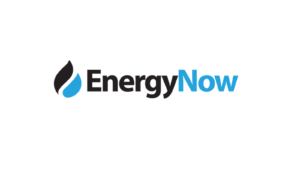


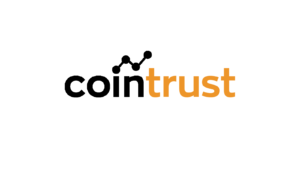










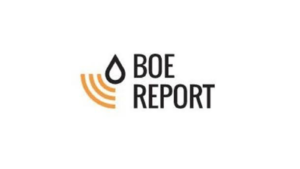


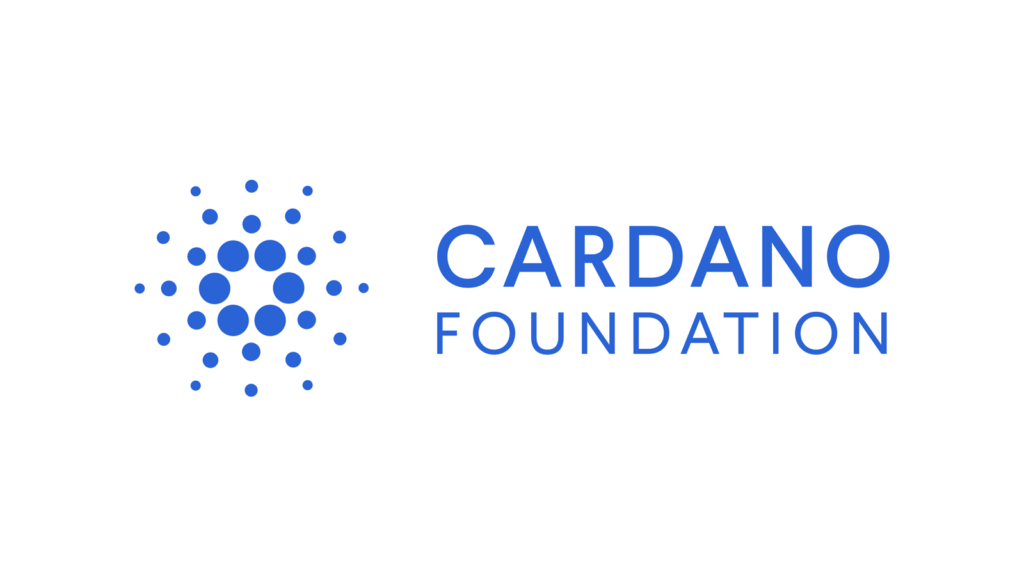
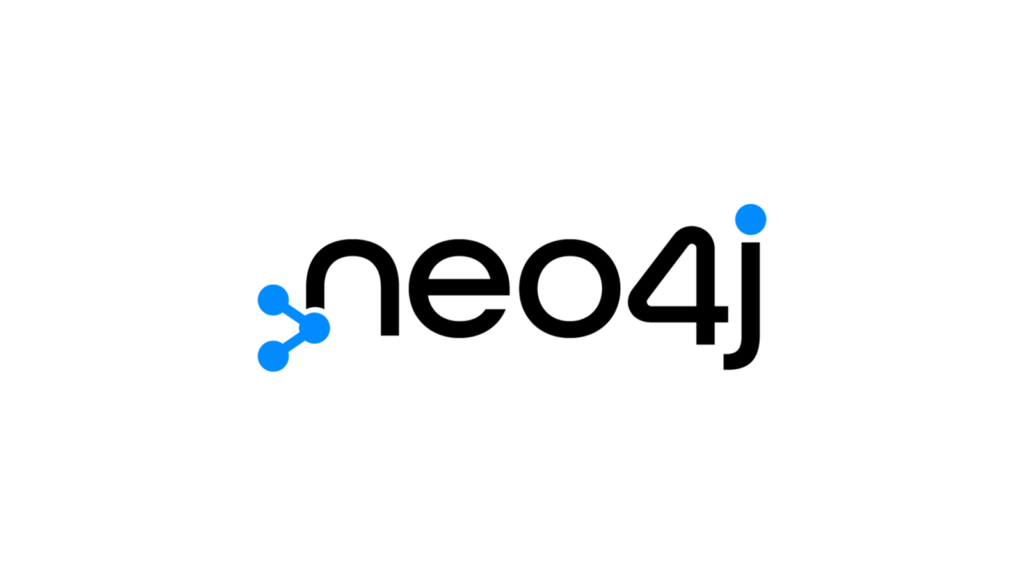
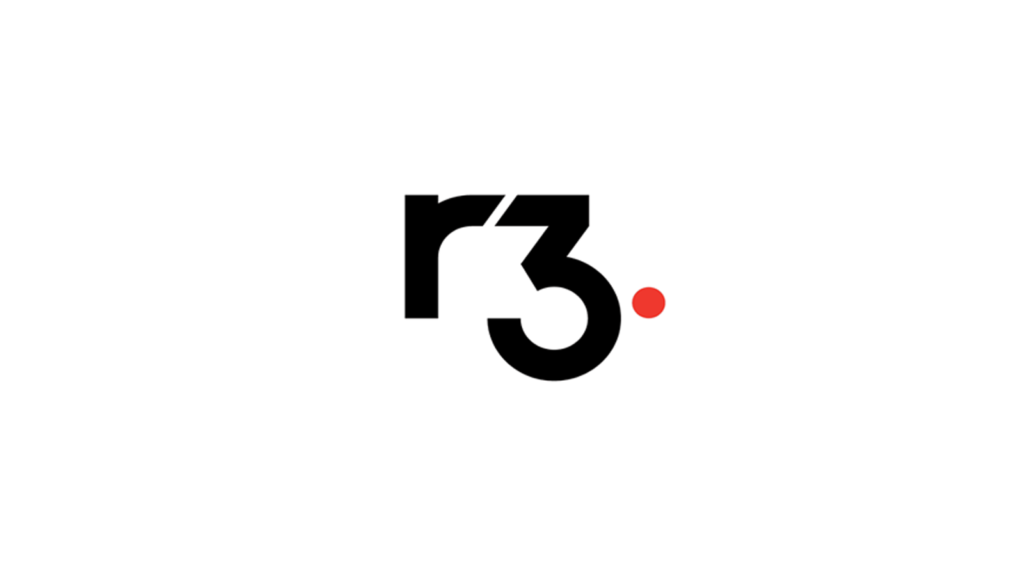

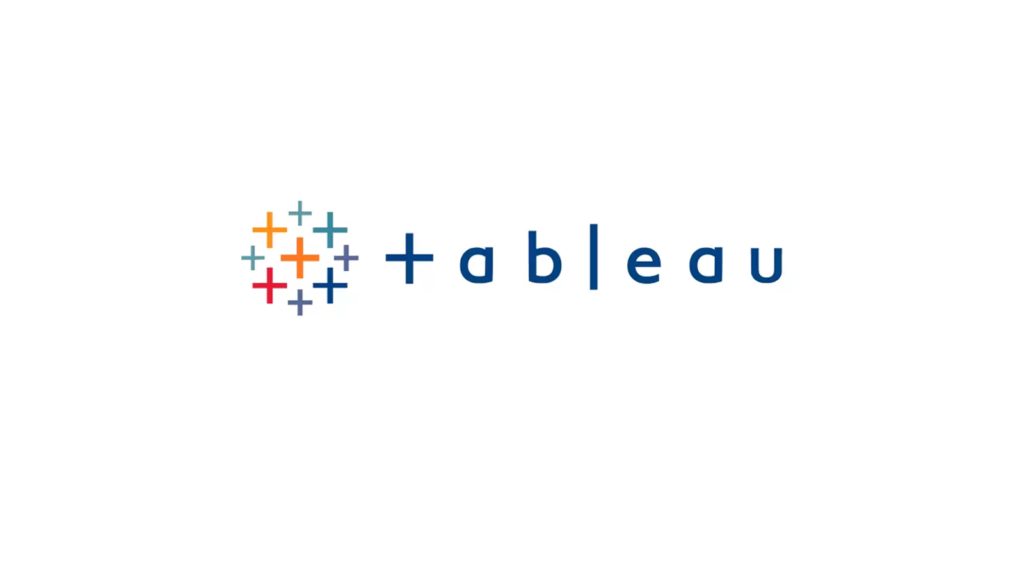
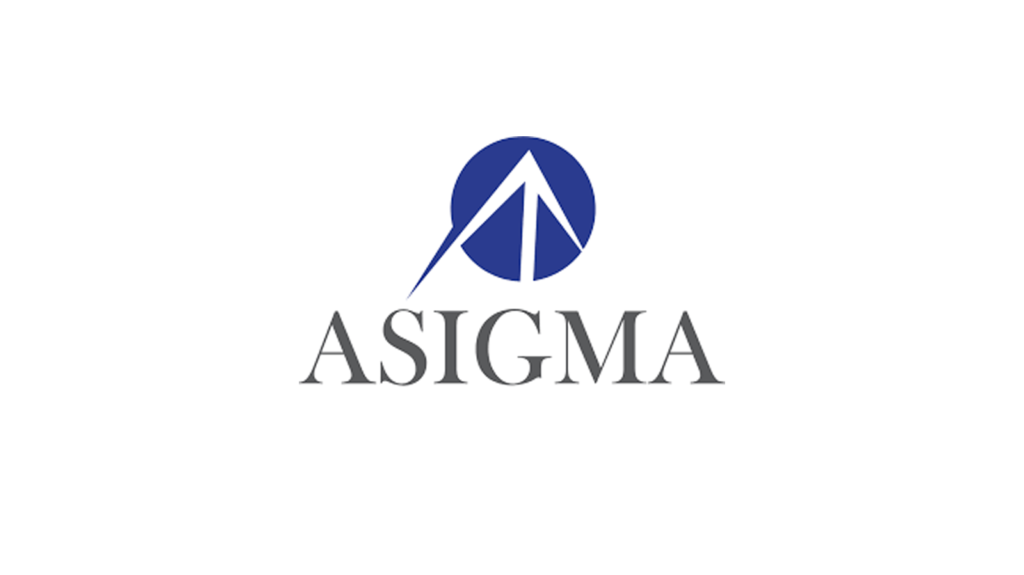

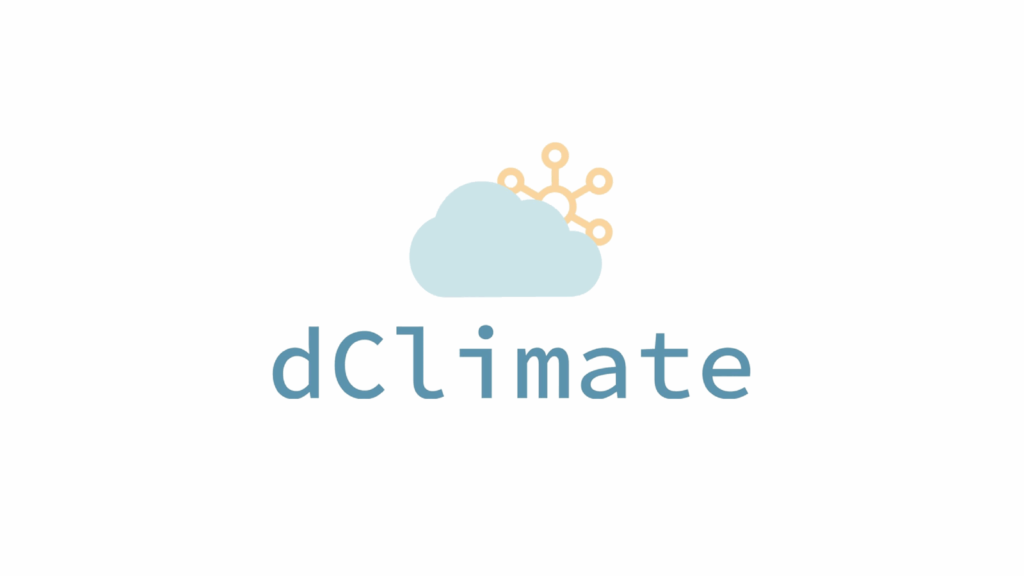
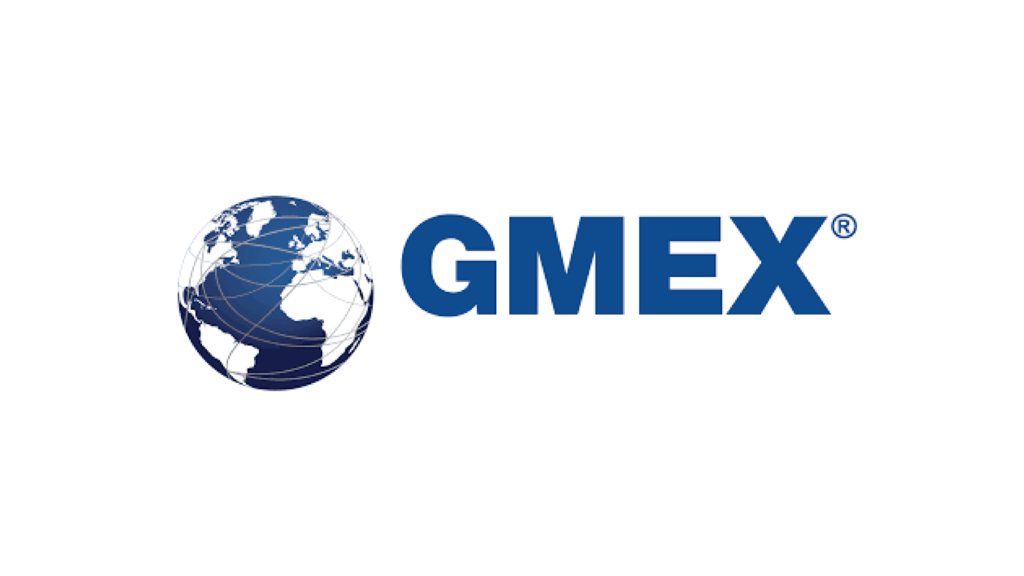
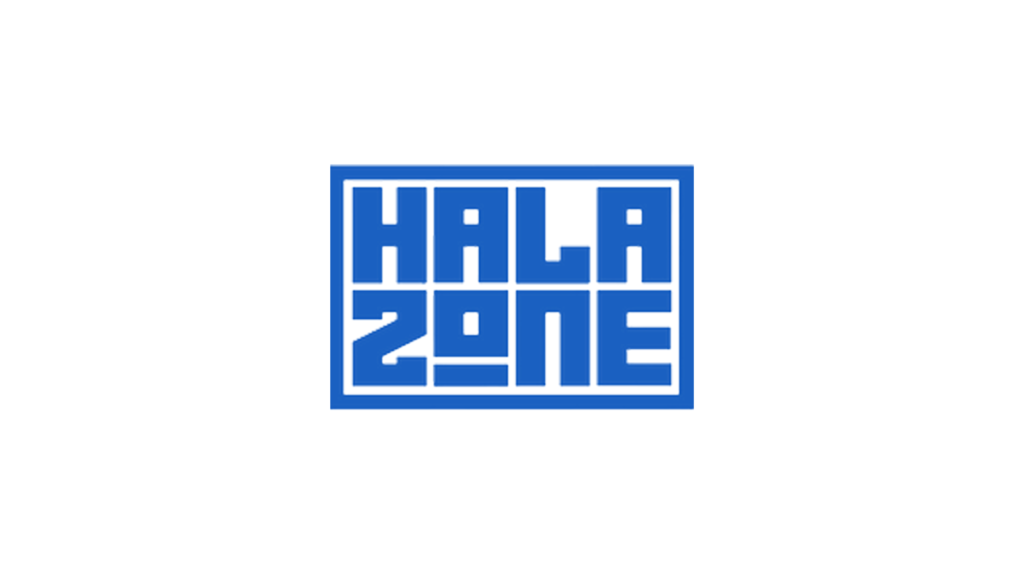
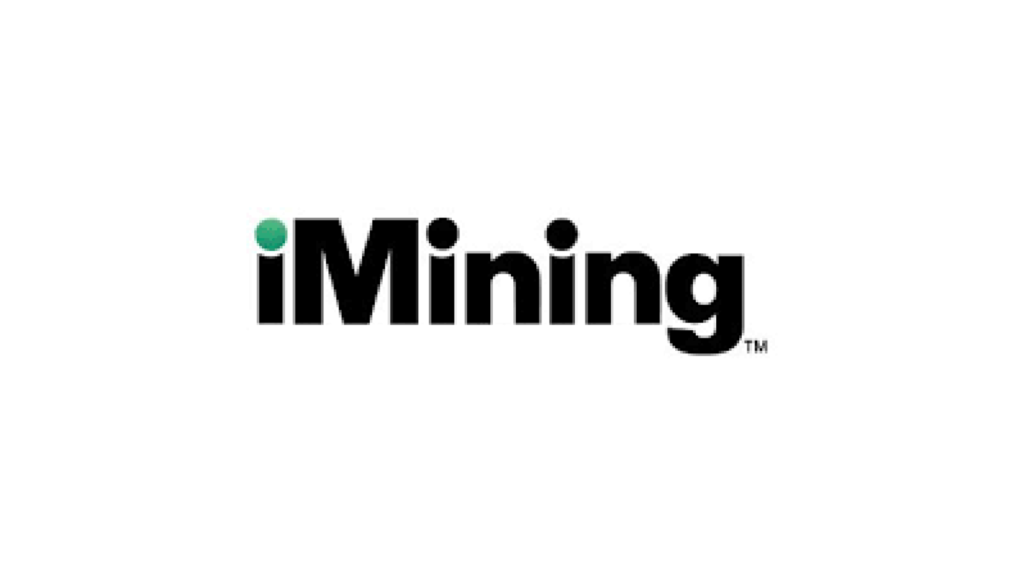

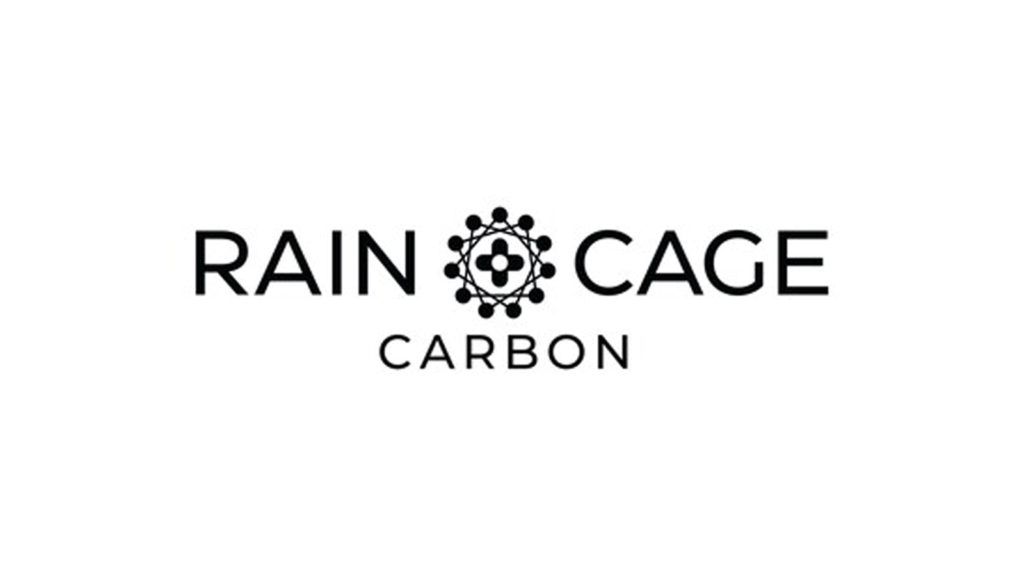
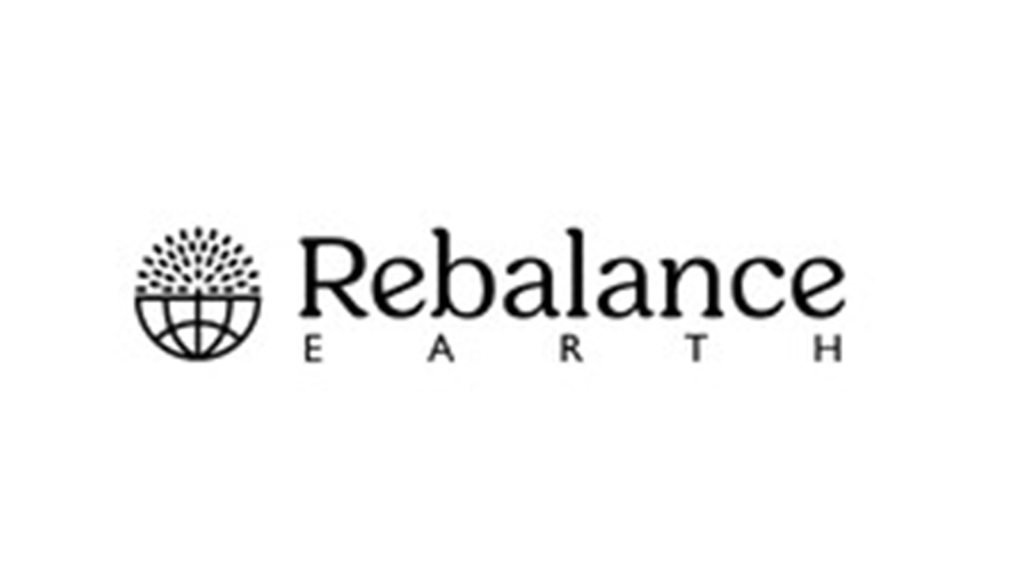
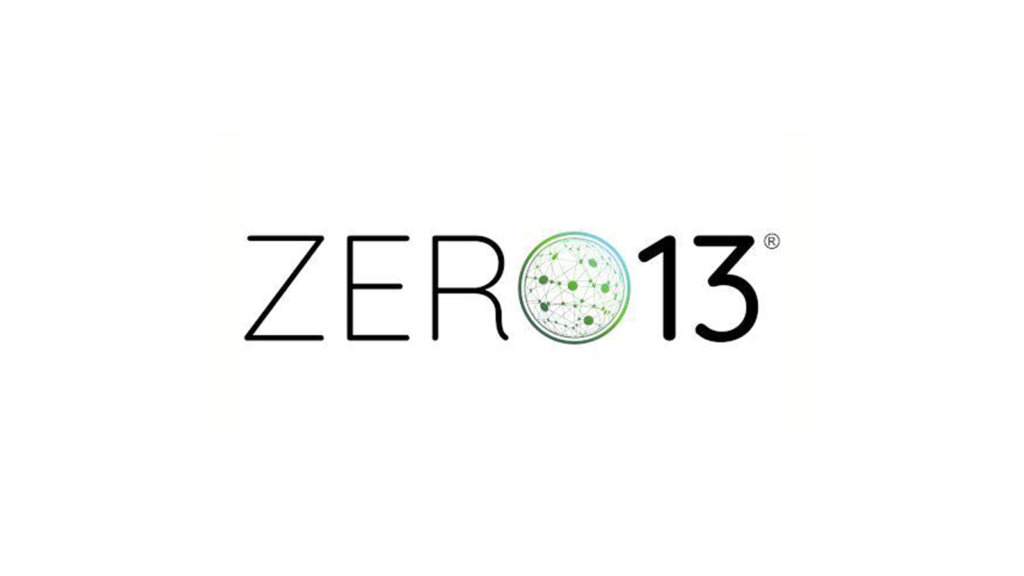
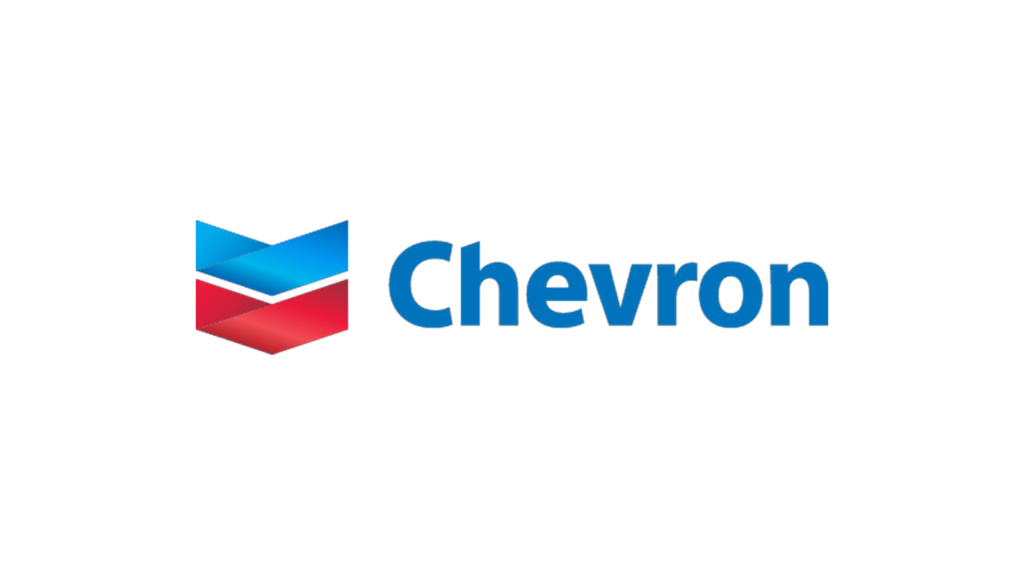
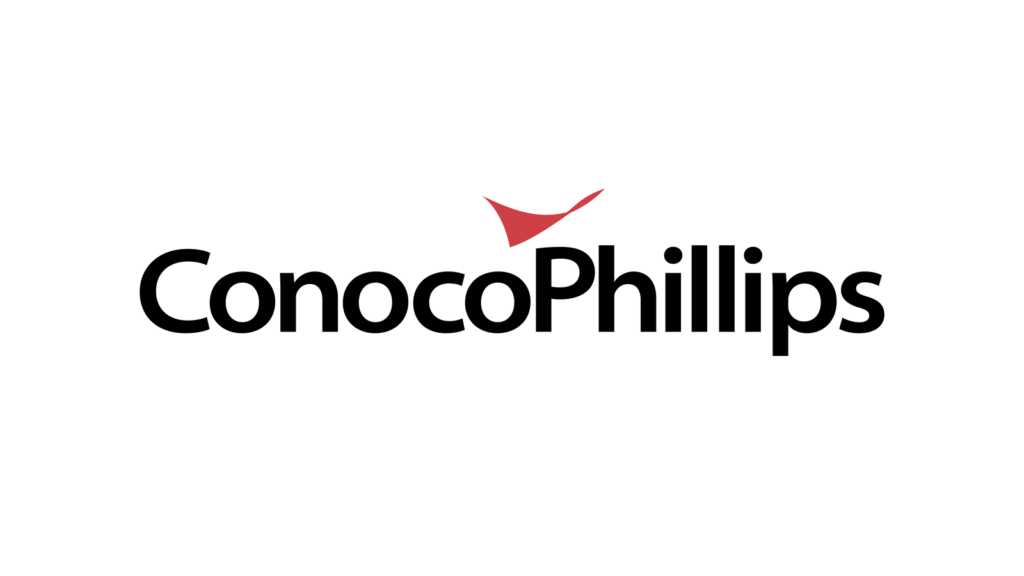
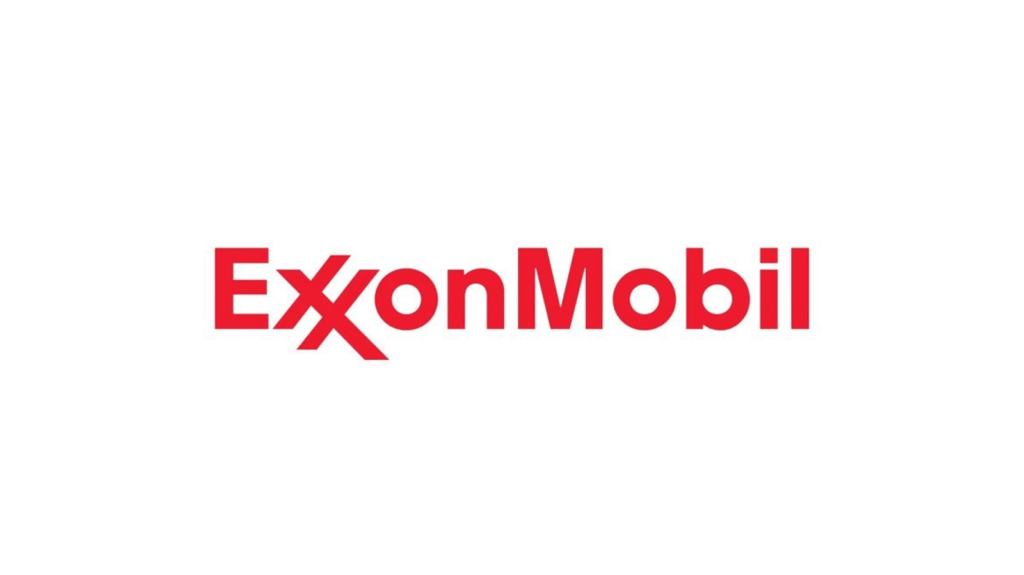
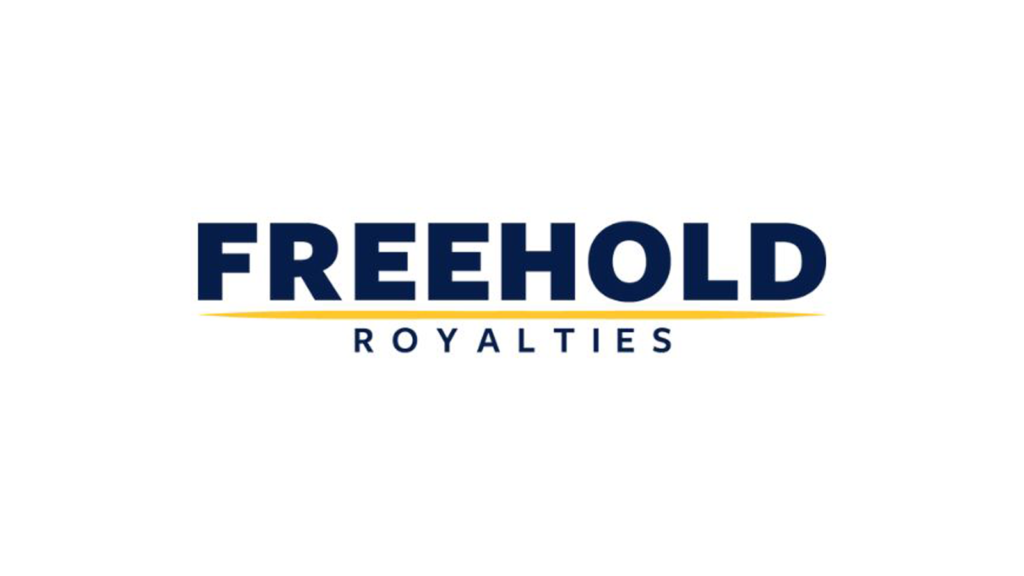

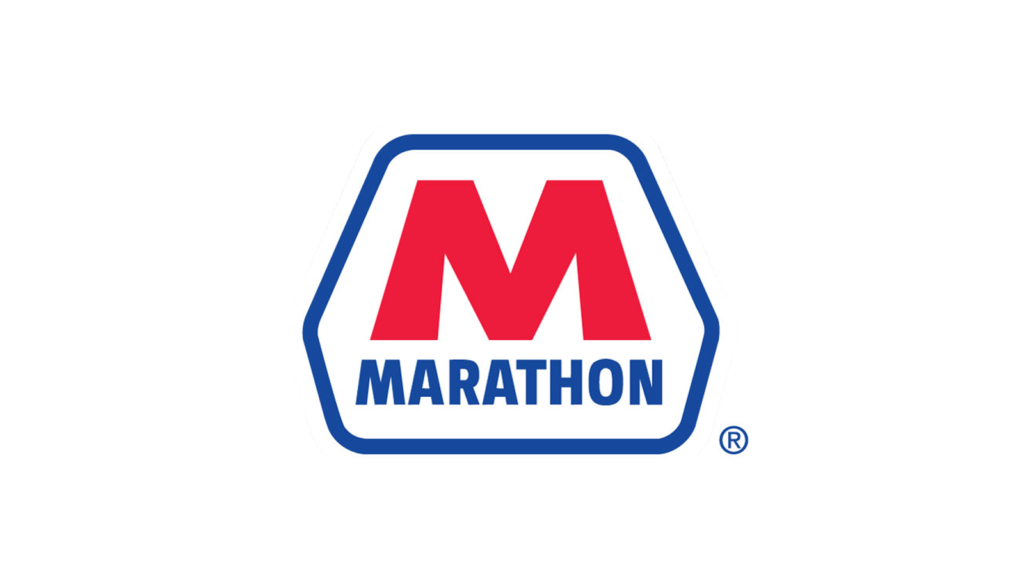

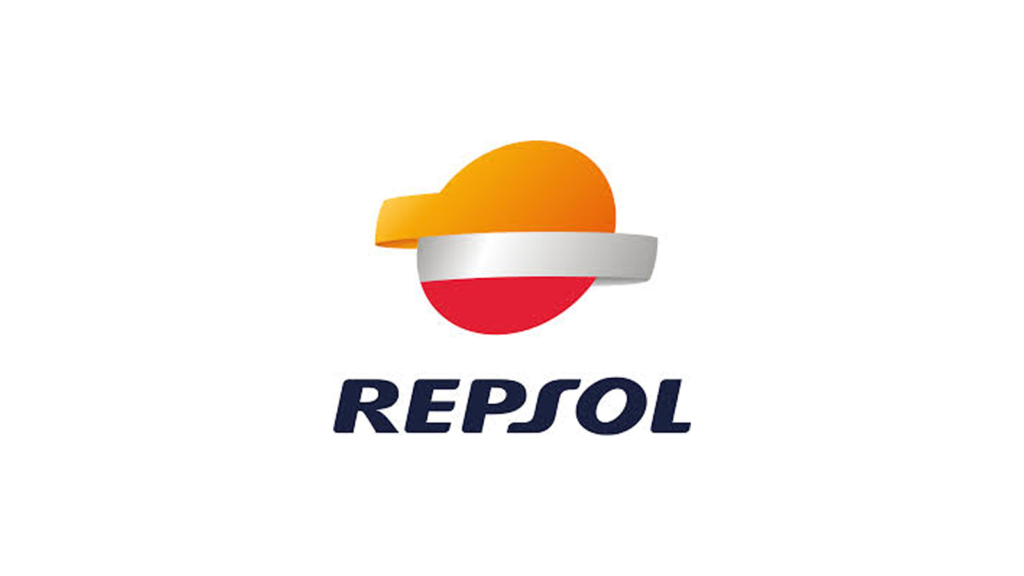
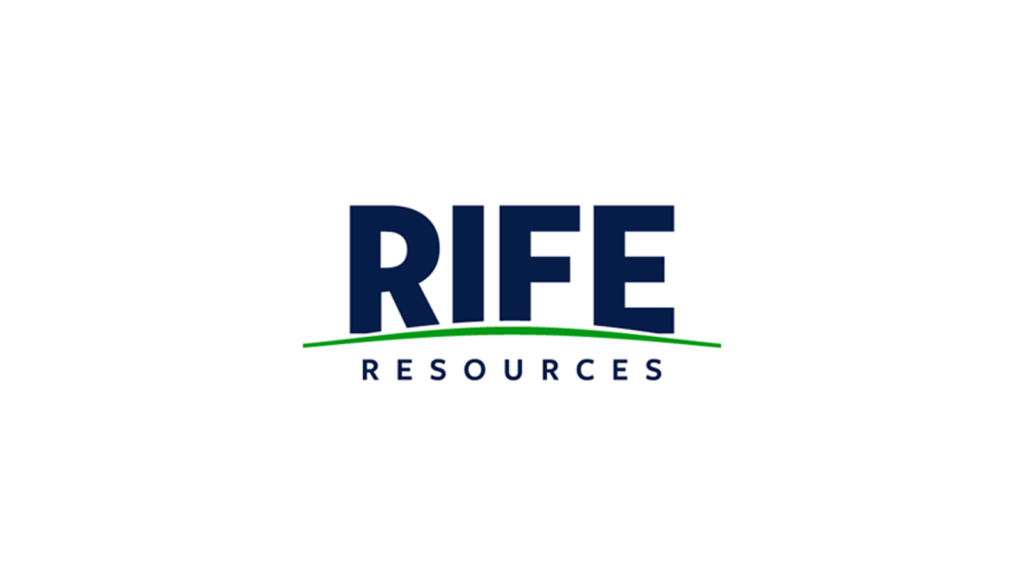
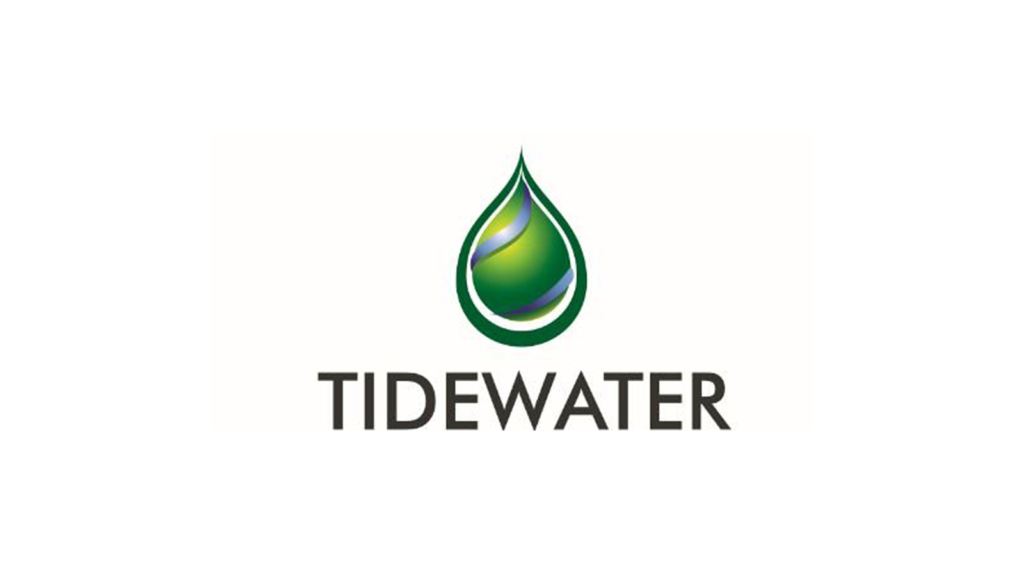
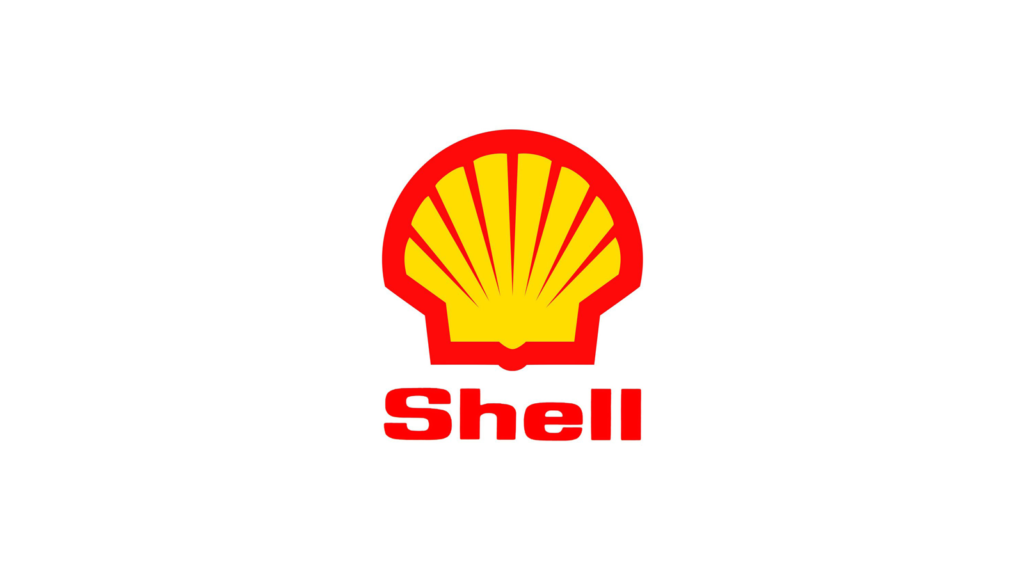
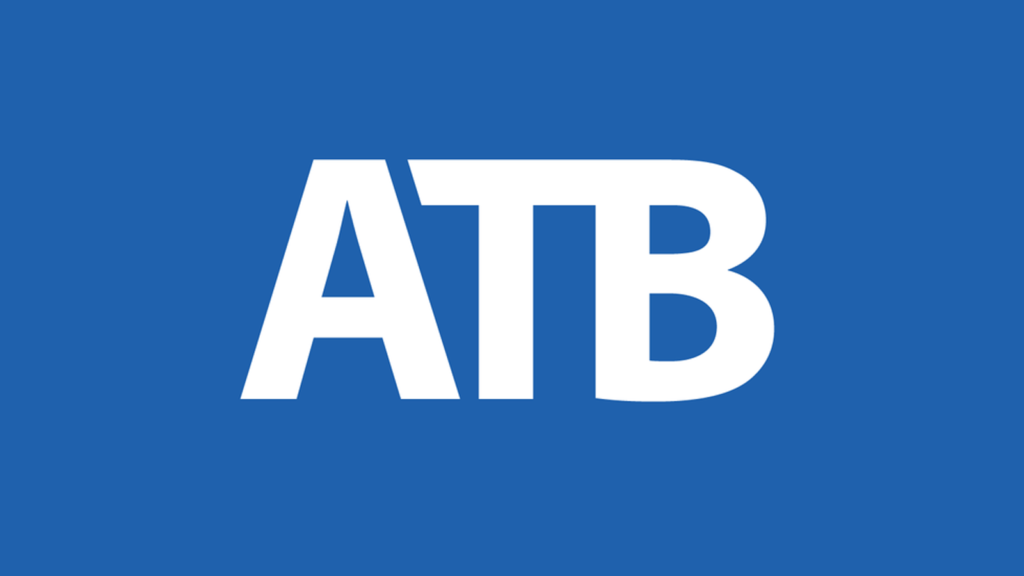
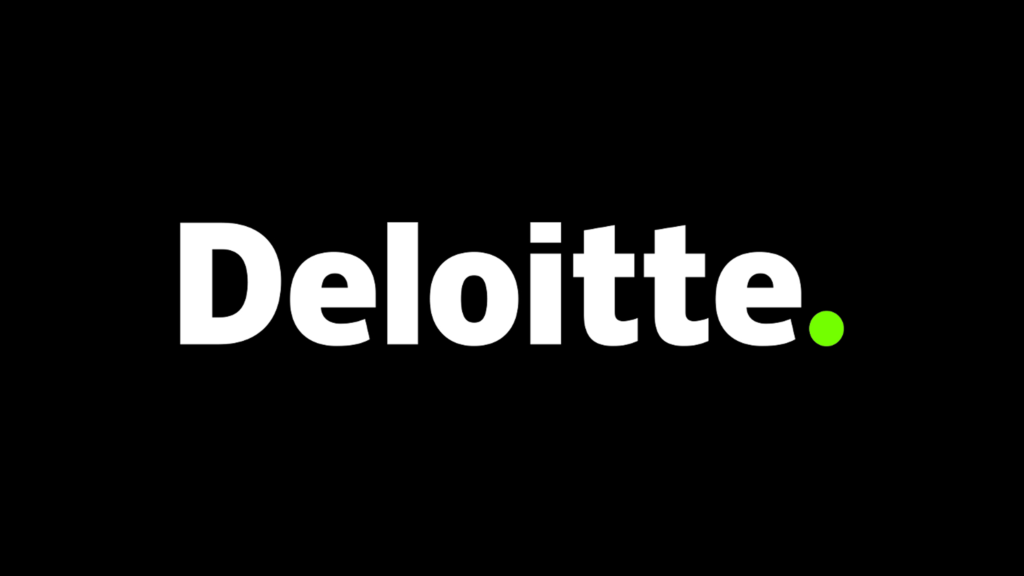





You must be logged in to post a comment.